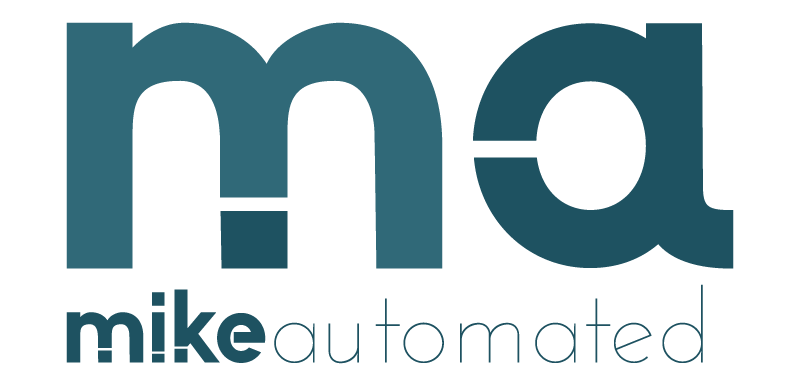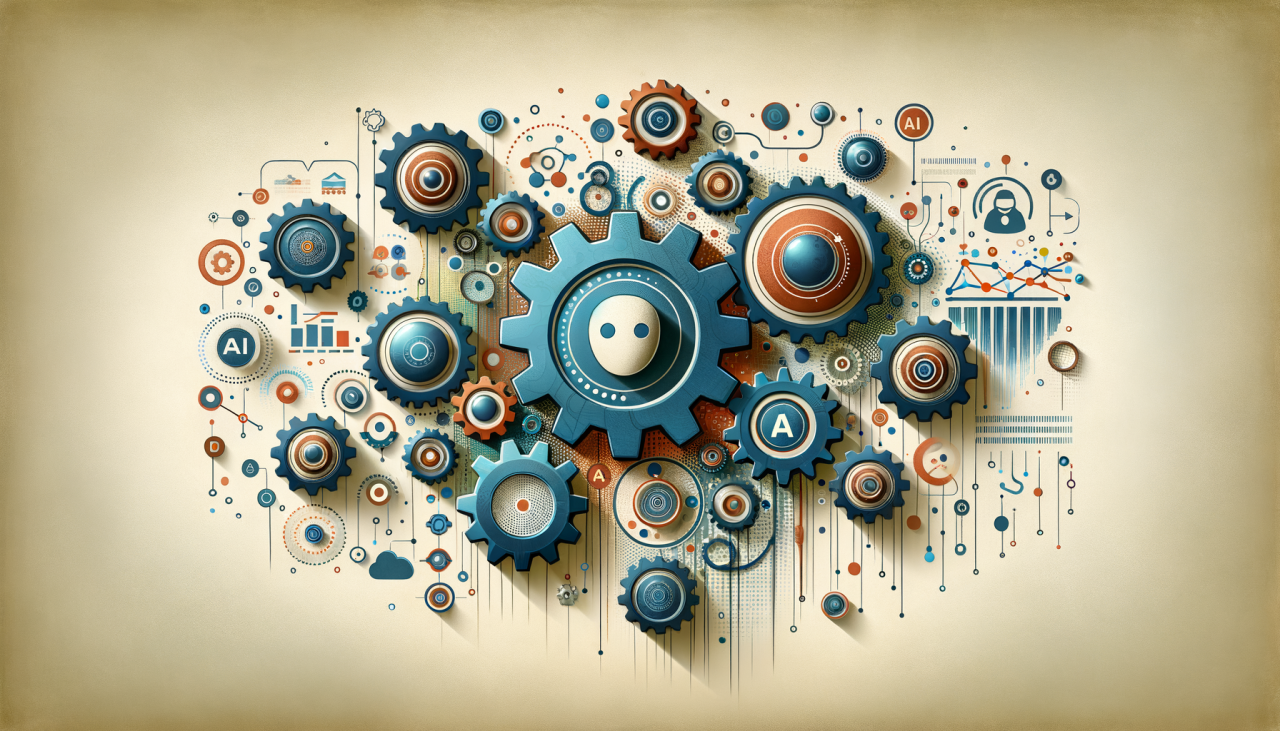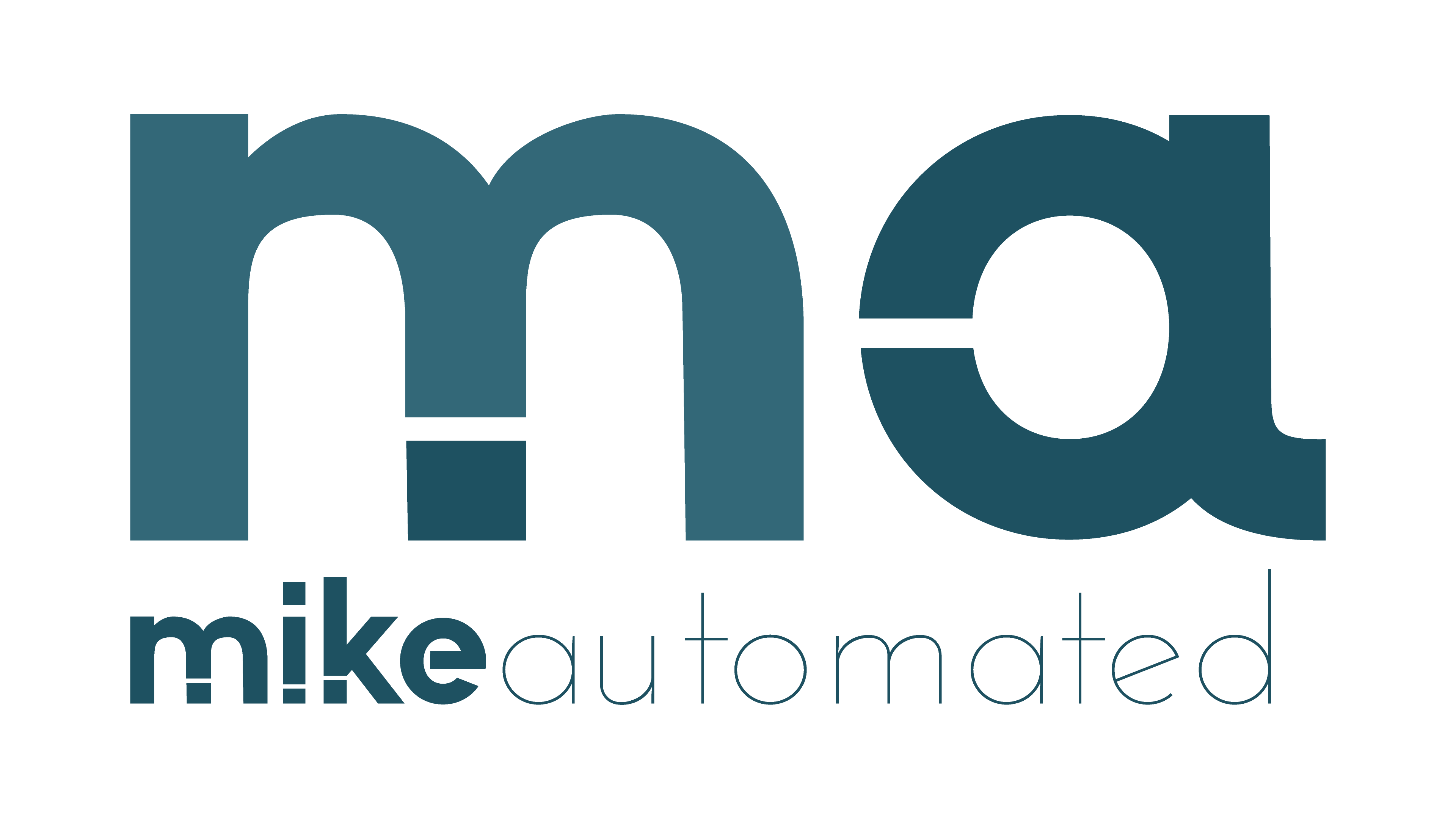TL;DR:
- Marketing automation, powered by AI, enhances efficiency by minimizing manual workflows.
- Key benefits include personalized customer experiences, advanced data insights, and predictive analytics.
- AI tools optimize email marketing, lead scoring, and customer segmentation for better engagement.
- Integration of AI ensures consistent brand messaging while scaling campaigns efficiently.
- Adopting AI-driven marketing automation creates competitive advantages for businesses of all sizes.
Introduction: Why AI-Driven Marketing Automation Matters
Marketing tasks are becoming increasingly complex in today’s digital world. Businesses must target the right audience, deliver personalized messages, and analyze data—all while keeping up with the rapid pace of change. Enter marketing automation, a game changer that combines artificial intelligence (AI) with automation to simplify operations and drive results. But how exactly does AI-powered marketing automation work, and why is it so essential? This article explores the key ways AI enhances marketing processes, enabling businesses to stay competitive and relevant.What Is Marketing Automation? A Quick Overview
At its core, marketing automation involves using technology to handle repetitive marketing tasks like email campaigns, social media posting, and ad management. AI supercharges this by applying machine learning, natural language processing (NLP), and predictive analytics to refine strategies and make data-driven decisions.Key Components of Marketing Automation
- Behavioral Tracking: AI systems analyze user interactions like clicks, website visits, and purchases to inform future campaigns.
- Customer Segmentation: AI organizes audiences into specific groups based on preferences, location, or behavior.
- Content Personalization: AI helps deliver tailored messages at the right time.
How AI Enhances Marketing Automation
1. Personalized Customer Journeys
Gone are the days of generic email blasts. AI enables hyper-personalization by analyzing customer data in real-time. For example, AI can recommend products based on browsing history, tailor email content to individual preferences, or suggest upselling opportunities. This creates a smoother, more engaging customer journey. Example: A fashion retailer could use AI tools to automatically send size-specific promotions to customers whose browsing history features a particular category.2. Predictive Analytics and Data Insights
AI-driven tools can predict customer behavior by analyzing historical data. This helps marketers allocate resources effectively and target audiences more precisely.- Predicting Campaign Performance: AI can estimate how campaigns will perform based on past data.
- Improving Ad Placements: AI optimizes ad delivery by determining the best channels and timeframes.
3. Smarter Lead Scoring
One of the biggest challenges in sales is identifying high-value leads. AI-powered lead scoring analyzes multiple data points like engagement levels, purchase frequencies, and demographic fit to rank prospects by their potential value. This ensures that sales teams focus on the most promising opportunities.Practical Applications of AI Marketing Automation
1. Email Campaign Optimization
AI can enhance email marketing by crafting subject lines, recommending send times, and segmenting audiences. For example, tools like Mailchimp use AI to suggest the best time to reach customers based on open rates.2. Dynamic Content Creation
AI simplifies the creation of content assets like blog articles, social media posts, and ad copy. Tools like Jasper or ChatGPT assist marketers in generating ideas and refining messaging, saving time and effort.3. Social Media Scheduling
Platforms such as Hootsuite integrate AI to analyze engagement trends and recommend optimal posting schedules, ensuring greater visibility and reach.Challenges and Considerations
While AI offers undeniable benefits, it’s vital to address certain challenges:- Data Privacy: Ensure compliance with regulations like GDPR or CCPA when using customer data.
- Cost of Implementation: Adopting AI tools can require significant investment, which may be a barrier for smaller businesses.
- Human Oversight: AI isn’t infallible. Marketers must continuously monitor and refine AI-driven strategies.



